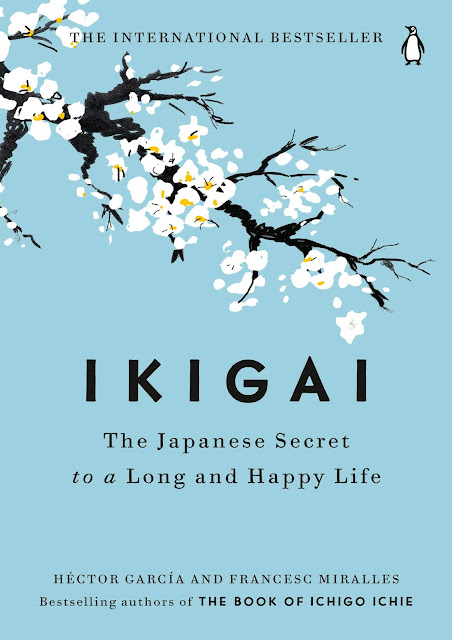Today Obscurists, we’re finding our purpose with “Ikigai” by Hector Garcia and Francesc Miralles. It’s a book about the Japanese way of living a long and happy life by discovering your purpose in life and how to recognize it.
What I love about this book:
“Ikigai” is a relatively short book that doesn’t outstay its welcome. I appreciated the brevity and straightforwardness of the book’s message—that the secret to happiness is ultimately to have a purpose.
Like many Americans, I harbor a particular fascination for Japanese culture. While that isn’t specifically this book’s goal, “Ikigai” also gives an enjoyable look into this specific eastern mindset. I found it interesting to learn how aging is viewed in Japanese culture.
Finally, the practicality of this book’s advice appealed to my sensibilities. I like tangible, achievable advice that eschews mystical concepts. Never have I been impressed by the “positive vibes” people or those seeking to communicate with the “universe.”
What I don’t love about this book:
This is a bit of a petty start here, but I don’t like the long chapter titles. Mainly, I don’t like them because each chapter seems like just a continuation of the primary thesis behind this book. It’s good that the main point is reiterated, despite the attempt to break it down by subtopic though it still feels like there isn’t much rhyme or reason for why one point is presented here and why one thought is presented there. It all feels kind of the same.
Also, while Japanese culture is far—far more collectivist than western cultures in nature, the Japanese aren’t nearly as monolithic as this book presents. Japanese people, like any subgroup of humans, have various traits, predispositions, and opinions that differ from others within that culture. They’ve not all found their “Ikigai” and are some wise super society. This book feels like it views them with more than a little rose-tinted glasses.
I’m prepared to accept that, on average, especially compared to the West, the Japanese tend to live longer, happier lives, as this book asserts. That ultimately just comes down to statistics. And those who live longer probably have better than average coping strategies, like defining themselves by the goals they profess.
This preview is an Amazon Affiliate link;
as an Amazon Associate, I earn from qualifying purchases.
Author’s Website: https://hectorgarcia.org/
Author’s Website: https://www.francescmiralles.com/
Parting thoughts:
To carry on my point from the prior section, I think this is one of those situations in which statistics can—well, not lie so much—as omit specific qualifying details. Like I said before, I accept, on average, that the Japanese probably live longer, healthier, and happier lives than in, say—my culture. But that’s only for the ones it works out for because while the national suicide rate in the United States isn’t great, it isn’t in the same ballpark as it is in Japan.
It’s a major societal issue for them with many complex factors. One of those factors is that Japanese society is incredibly demanding, with stratospheric standards to live up to and a preoccupation to avoid shame wherever possible.
So my point is that it seems to me that cultural values in Japan, when they work out, really work out overall for people. But when they don’t, they really don’t.
Also finally, a significant stressor in Japan right now is that its population is aging, and there are more and more older people with fewer younger people to support them. So there is that double-edged sword. Great success in one area typically means neglect in another.


No comments:
Post a Comment